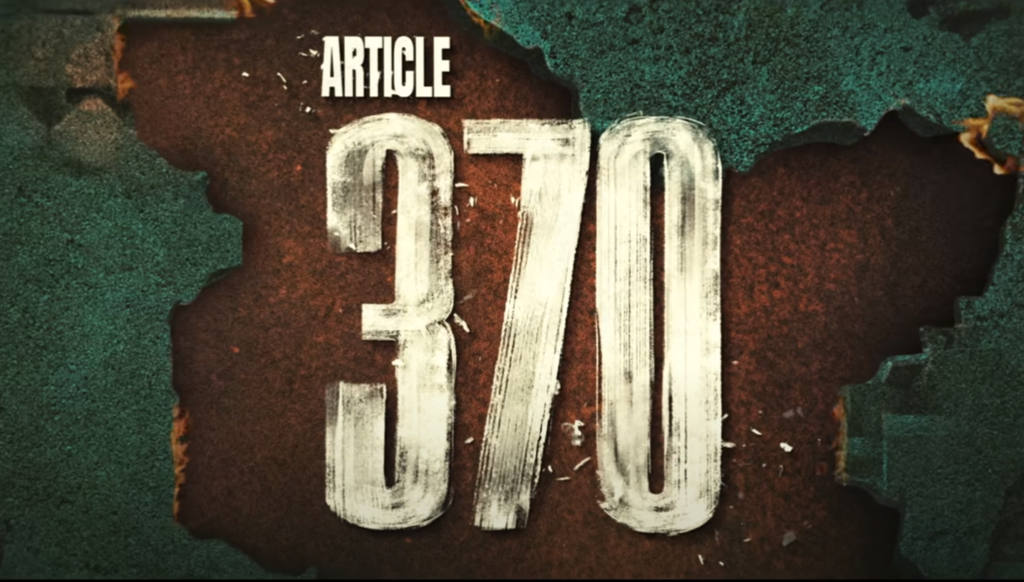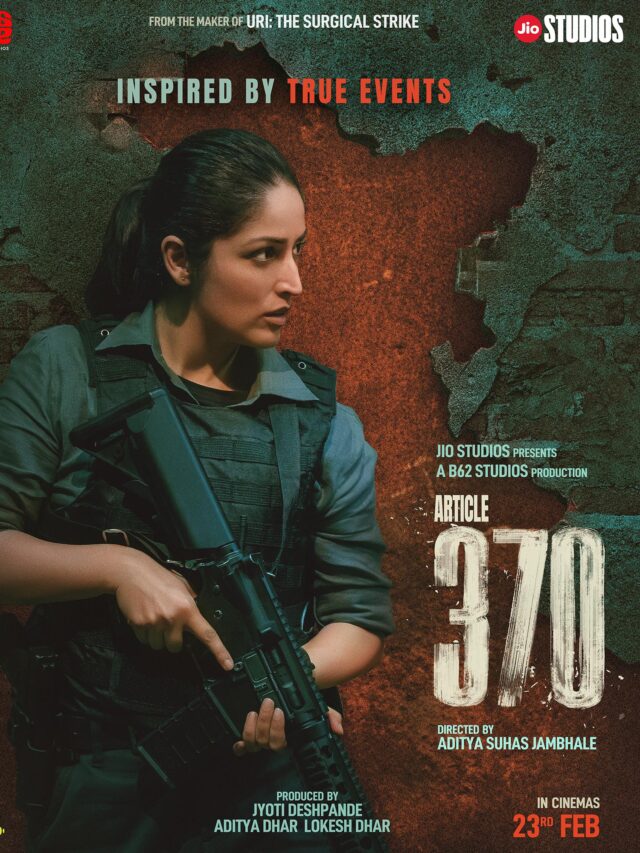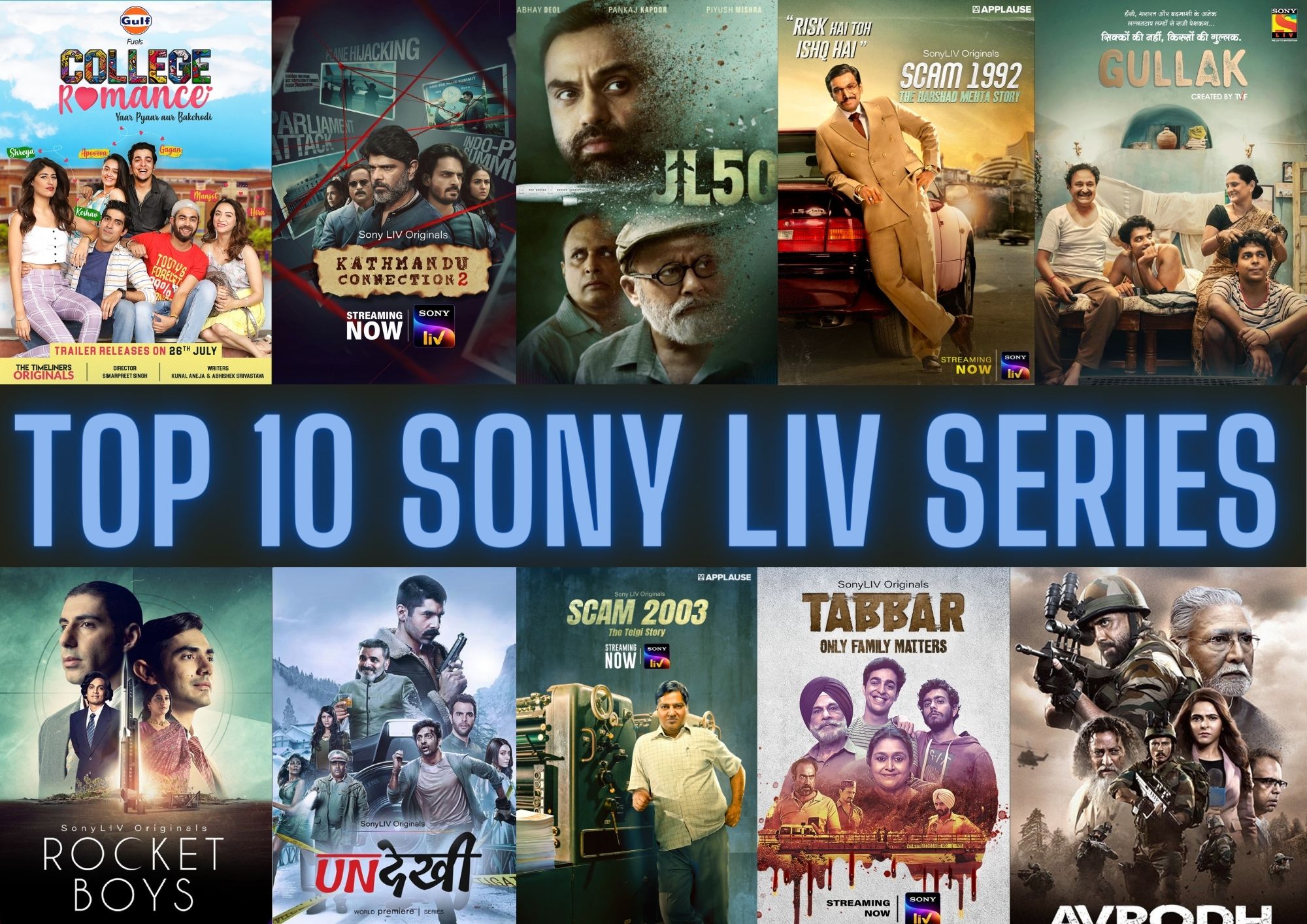Article 370 is more than just the Home Minister’s recounting of the historic bill’s introduction and passage through Parliament. It goes farther, examining the reasoning for the repeal of Article 370 as well as the complex backroom dealings that occurred within the PMO prior to the bill’s passage.
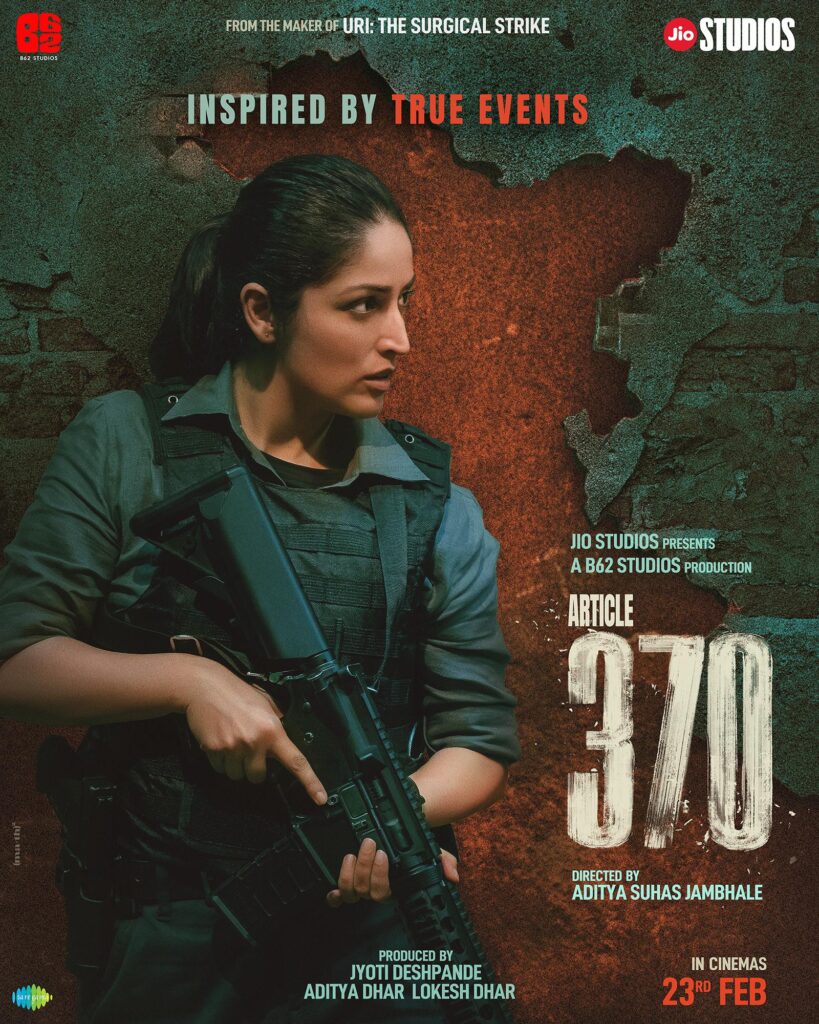
Article 370 is directed by National Award-winning director Aditya Suhas Jambhale and produced by Aditya Dhar, who also directed Uri: The Surgical Strike. The history of Jammu and Kashmir is outlined in Article 370, which was repealed in 2019 and spans the years from the 2016 murder of Hizbul Mujahideen terrorist Burhan Wani, who became an online star.
The movie Article 370 depicts the struggles that were endured at that time, when many people died, including our soldiers, and the difficult circumstances that Jammu and Kashmir had to deal with.
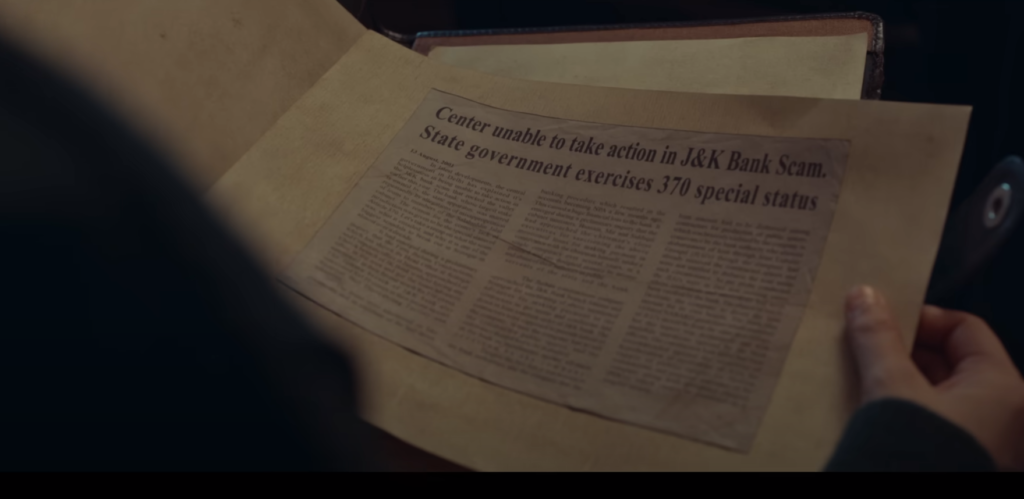
Bollywood has produced numerous films about Jammu and Kashmir, such as Haider , Kashmir Files, and The Family Man. The entire film depicts the struggles that people in Kashmir encountered at that particular period in the state, including issues pertaining to our family and colony. Article 370 was also developed for Jammu and Kashmir, and it illustrates how to abolish article 370 as well as the difficulties faced by Kashmiris and the losses they suffer, including the loss of their families, businesses, and other possessions.
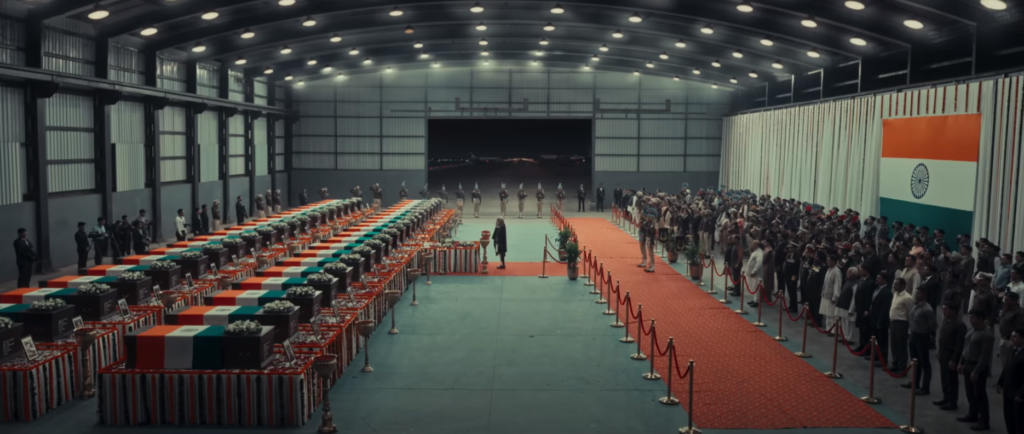
The history of Jammu and Kashmir is outlined in Article 370, which was repealed in 2019 and spans the years from the 2016 murder of Hizbul Mujahideen terrorist Burhan Wani, who became an online star. It covers a wide range of issues in the area, from conflicts like stone-pelting to the difficulties of law enforcement and the power of dishonest local politicians. It is organized into six chapters.
The film’s two hours and forty minutes may seem long, but its skill at storytelling keeps audiences interested the entire time. Notably, the movie features excellent acting and thorough research. Two actresses take the stage in Article 370, a welcome change from the typical male-centric stories.
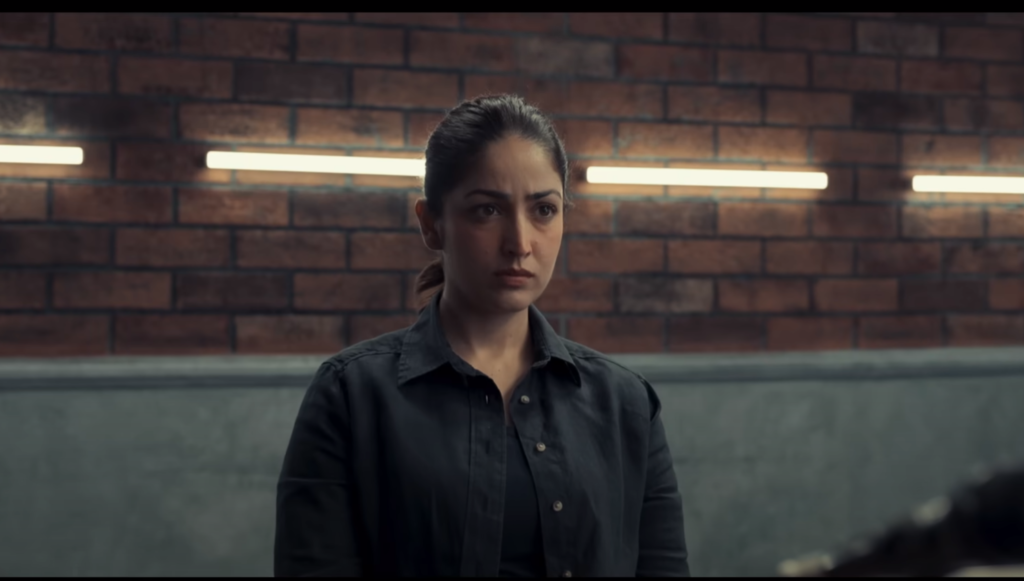
As field intelligence officer Zooni, played by Yami Gautam, she excels and gives a standout performance, especially in her passionate monologue analyzing the Kashmir dispute.
But Priyamani really steals the show, as she plays an IAS officer who is crucial to the government’s decision over Article 370. Her compelling portrayal gives the film’s examination of political intrigue and bureaucratic maneuvers more depth and subtlety. The choice of Arun Govil to be prime minister is ideal.
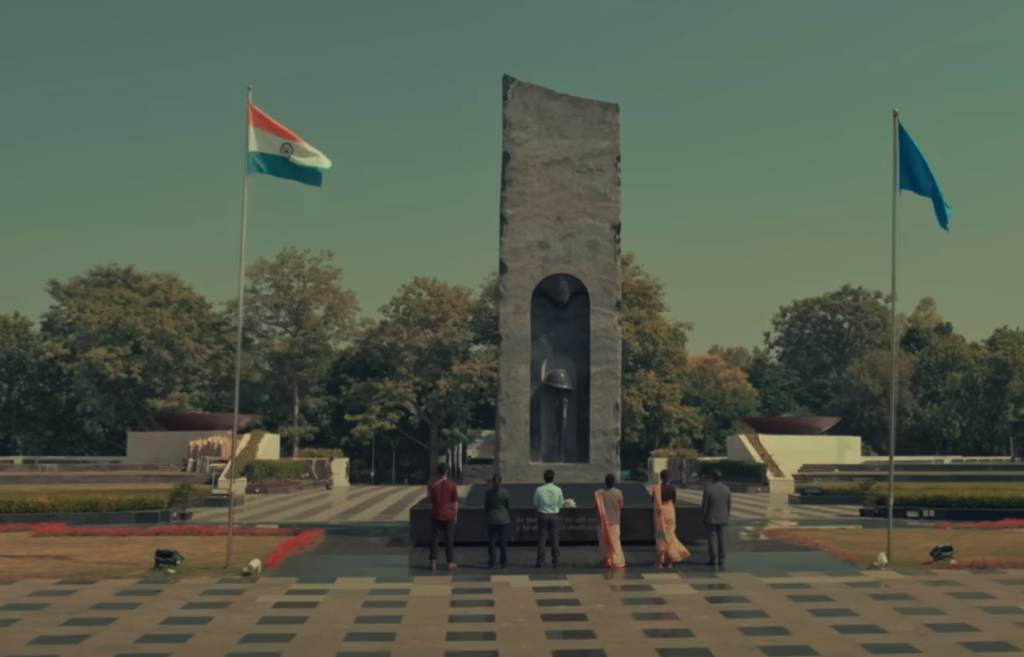
The film deftly demonstrates how the Government examined the J&K Constitution, looking for weaknesses that would allow Article 370 to be repealed. During a rally in Jammu on February 20, Prime Minister Narendra Modi praised the upcoming film for its ability to provide truthful information to the public.
The film’s most important scene features a parliamentary debate between the Leader of the Opposition and the Home Minister, which is expertly staged to enthrall viewers. But even with its excellent tale, the movie sometimes drags with long and pointless sequences, especially the ones with the two well-known J&K leaders that barely advance the plot. It felt slower in the first half than it did in the second.
Although Kiran Karmarkar’s portrayal of the Home Minister lacks the necessary depth, the casting is nonetheless a noteworthy strength.
Still, Article 370 is a sincere attempt. An insightful account of the contemporary history of the northern Indian state of Jammu and Kashmir, and its transition from “We, the people of the State of Jammu and Kashmir” to “We, the people of India.”
